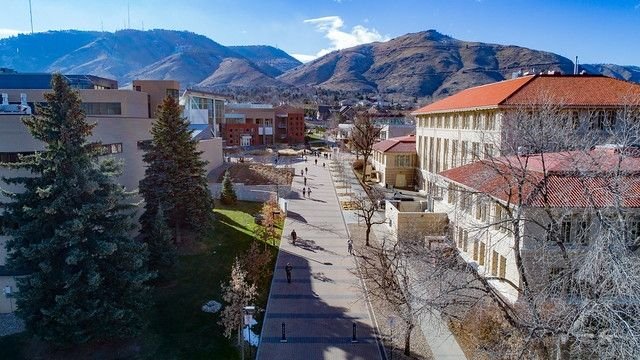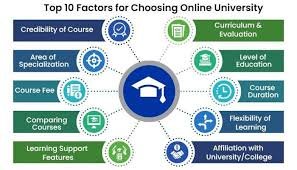Masters in Special Education: Unlocking Potential and Creating Inclusive Learning Environments
Masters in Special Education: The field of education has evolved to recognize the diverse needs of students. A Master’s in Special Education is a specialized program designed to equip educators with the skills, knowledge, and strategies required to support and educate students with disabilities and special needs. Masters in Special Education advanced degree is essential for those who aspire to make a significant impact in the lives of students who require tailored educational approaches.
What is a Master’s in Special Education?
A Master’s in Special Education is a graduate-level program focused on preparing educators to work with students who have a wide range of disabilities, including learning disabilities, emotional and behavioral disorders, intellectual disabilities, physical disabilities, and autism spectrum disorders. Masters in Special Education The program typically covers various aspects of special education, including assessment, instructional strategies, behavior management, and collaboration with families and other professionals.
Read More: Outsourcing Website Development: A Strategic Advantage for Businesses
Why Pursue a Master’s in Special Education?
1. Making a Difference
Educators with a Master’s in Special Education have the opportunity to make a profound impact on the lives of students with disabilities. Masters in Special Education By providing individualized support and creating inclusive learning environments, these educators help students reach their full potential.
2. High Demand for Special Educators
There is a growing demand for qualified special education teachers. According to the U.S. Bureau of Labor Statistics, the employment of special education teachers is projected to grow, reflecting the increasing need for specialized instruction in schools.
3. Personal and Professional Growth
Pursuing a Master’s in Special Education allows educators to develop a deeper understanding of the complexities of disabilities and learn effective teaching strategies. Masters in Special Education advanced knowledge not only enhances their professional capabilities but also fosters personal growth and empathy.
Core Components of a Master’s in Special Education Program
1. Assessment and Evaluation
Understanding how to assess and evaluate students’ abilities and needs is crucial in special education. Courses in Masters in Special Education area teach educators to use various assessment tools and techniques to develop individualized education plans (IEPs).
2. Instructional Strategies
Special education programs focus on developing instructional strategies that cater to the unique learning styles and needs of students with disabilities. Masters in Special Education includes differentiated instruction, multisensory approaches, and assistive technology.
3. Behavior Management
Managing classroom behavior is a critical skill for special educators. Programs cover behavior management techniques, positive behavioral interventions, and strategies for creating a supportive learning environment.
4. Collaboration and Advocacy
Special education teachers often work with other professionals, including general education teachers, speech therapists, and psychologists. Masters in Special Education Courses in collaboration and advocacy prepare educators to effectively communicate and advocate for their students’ needs.
Read More: Aviation Accident Lawyer: Seeking Justice and Compensation in the Skies
Career Opportunities with a Master’s in Special Education
1. Special Education Teacher
Graduates can work as special education teachers in public or private schools, providing direct instruction and support to students with disabilities.
2. Special Education Consultant
Consultants work with schools, districts, and educational organizations to develop and implement special education programs and policies.
3. Behavioral Specialist
Behavioral specialists focus on assessing and addressing behavioral issues in students with disabilities, often working in schools or clinical settings.
4. Educational Diagnostician
These professionals use their expertise to assess and diagnose learning disabilities and recommend appropriate educational interventions.
5. Special Education Administrator
Administrators oversee special education programs at the school or district level, ensuring compliance with regulations and promoting best practices.
Conclusion
A Master’s in Special Education is a rewarding and impactful degree that prepares educators to meet the diverse needs of students with disabilities. With a focus on assessment, instructional strategies, behavior management, and collaboration, graduates are equipped to create inclusive and supportive learning environments. As the demand for special education professionals continues to grow, Masters in Special Education advanced degree offers numerous career opportunities and the chance to make a lasting difference in the lives of students and their families.










